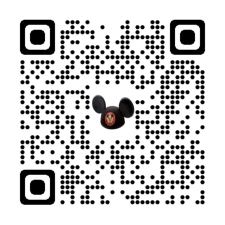The content you are trying to access requires a Diamond Account.
Create Your FREE MickeyMousePark.com Account.
Remember to UPGRADE to Diamond when creating your account so that you will have access to this content!
If you already have a MickeyMousePark.com account
Login





MickeyMousePark.com TikTok Channel:

MickeyMousePark.com BlueSky Channel:

Copyright: (c) 1997-2026 by
ThrillMountain Software
MickeyMousePark.com is not associated in any official way with the Walt Disney Company,
its subsidiaries, or its affiliates.
The official Disney site is available at
disney.com





